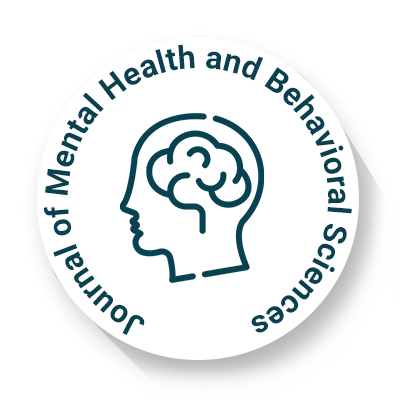
Journal of Mental Health and Behavioral Sciences
OPEN ACCESS

OPEN ACCESS
.jpg)
Department of Pharmaceutics, Odisha University of Health Sciences, Bhubaneswar, Odisha, India
Resilience, the capacity to adapt and recover from trauma, is a complex, multidimensional process shaped by biological, psychological, and social factors. Trauma, whether acute, chronic, or developmental, disrupts normal physiological and psychological functioning, often leading to conditions such as post-traumatic stress disorder (PTSD), anxiety, and depression. However, research indicates that resilience can mitigate these adverse effects through mechanisms such as cognitive flexibility, emotional regulation, and robust social support systems. Neuroscientific studies reveal that resilience is associated with adaptive neuroplastic changes in key brain regions, including the prefrontal cortex, hippocampus, and amygdala, which regulate emotional processing and stress responses. Moreover, genetic factors, such as polymorphisms in stress-regulation genes, interact with environmental influences, including early-life experiences and social support, to shape an individual’s resilience capacity. Psychological interventions, particularly Cognitive Behavioral Therapy (CBT) and Eye Movement Desensitization and Reprocessing (EMDR), have demonstrated efficacy in enhancing resilience by restructuring maladaptive thought patterns and facilitating the processing of traumatic memories. Additionally, maintaining physical health through adequate sleep, nutrition, and exercise plays a critical role in trauma recovery by modulating neuroendocrine responses and reducing stress-related physiological burden. Despite advancements in resilience research, defining and assessing resilience remains challenging due to variations in individual experiences, cultural contexts, and socio-economic factors. The lack of standardized intervention protocols further complicates clinical application. Future studies should focus on developing culturally sensitive, evidence-based resilience-building strategies across clinical, educational, and community settings to optimize trauma recovery outcomes. Integrating resilience science into therapeutic and societal frameworks is essential for enhancing long-term mental health and fostering adaptive recovery following trauma.
Department of Pharmaceutics, Odisha University of Health Sciences, Bhubaneswar, Odisha, India